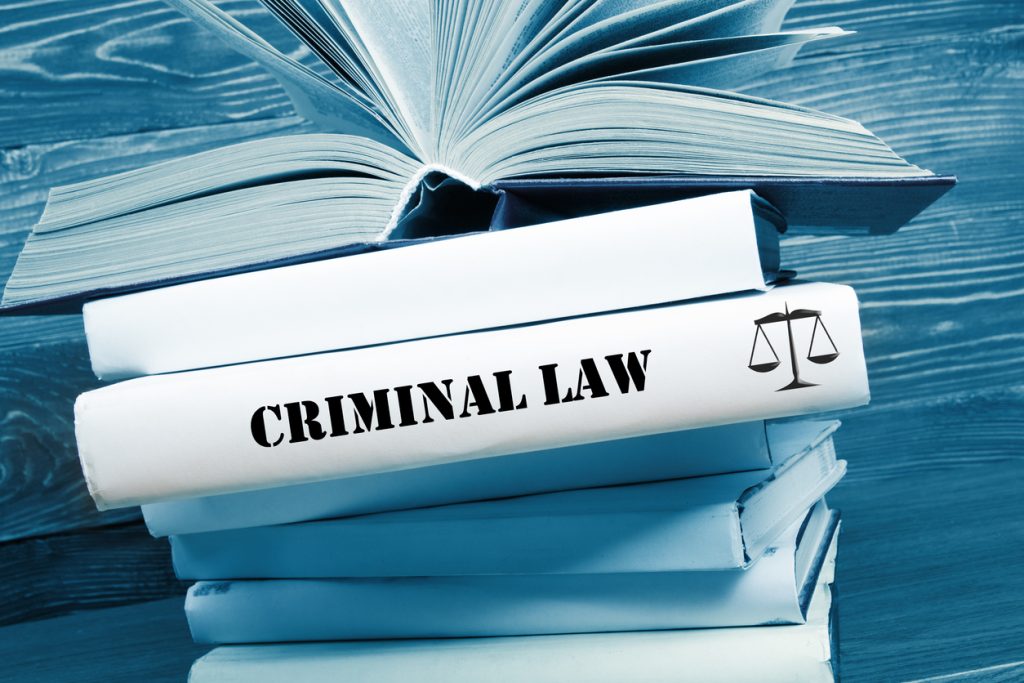Evidence plays a crucial role in criminal defence cases. A skilled attorney will collect and analyze physical evidence, witness statements, and other relevant materials to challenge the prosecution's claims. Strong evidence can lead to dropped charges, reduced sentences, or even acquittal, helping to protect your rights and reputation.
Evidence plays a pivotal role in determining the outcome of criminal defence cases. Understanding its significance can provide insight into the strategies employed by defence attorneys. Having a criminal defense attorney in Denver, where laws are complicated and strict, is a must. This article delves into various types of evidence, their impact on trials, and the meticulous processes involved in presenting evidence in court.
Types of Evidence
Evidence can be broadly categorized into several types, each with its unique characteristics and implications. Physical evidence includes tangible items like weapons or fingerprints, often serving as direct proof of involvement. Documentary evidence encompasses written or recorded materials such as emails, contracts, and video footage, offering a narrative of events.
Physical Evidence
The body of evidence is typically the foundation of a defence case. Items such as DNA samples, fingerprints, and other physical evidence can either prove or disprove an individual's involvement in a crime. For example, finding a defendant's fingerprints at the scene of a crime may suggest their presence, while their absence might indicate otherwise. Defence attorneys meticulously examine physical evidence, searching for mistakes or discrepancies in the collection process.
Documentary Evidence
Having a recorded history with documentary evidence is essential. Emails, contracts for goods, and surveillance footage can all be very helpful. This evidence can serve as a timestamp in emails, provide detailed alibis, or capture the actual wrongdoer on video.
Testimonial Evidence
Juries are deeply impacted by the use of witness accounts. Approaching them at a human level is a good idea. Witnesses may be civilians and offer a human element to the evidence. Still, testimonial evidence can be very subjective and is easily corrupted. Cross-examination by the defence seeks to expose contradictions or prejudices, and thus the veracity of witness testimony.
Scientific Evidence
The legal landscape has evolved, making scientific evidence more crucial for criminal defence than ever before. While the American public understands that human error is a factor in many cases, DNA and forensic examinations are regarded as more reliable forms of proof. Consequently, defence counsel often needs to hire forensic experts who can analyze and interpret scientific data, ensuring it is presented fairly and accurately in court.
Chain of Custody
It is vital to make sure evidence remains intact. The chain of custody is the legal term that describes the process through which evidence is seized, controlled, and transferred into an evidentiary storage location. The chain can be thought of as broken when any single element changes form; the resulting change in character places the evidence in imminent danger of becoming legally insufficient to warrant admissibility.
Admissibility of Evidence
All of the evidence is not admissible in court. Rules of evidence determine what can be offered, making sure that the information is relevant and reliable. Defence attorneys commonly file motions to suppress evidence they believe is prejudicial or illegally obtained. A successful suppression can severely undercut the prosecution's case.
Role of Expert Witnesses
Interpreting complex evidence in courts is crucial, and this is where expert witnesses come into play. Their backgrounds in forensics, behavioural psychology, and other medical science fields give them a perspective that is not available to laypersons. Including their testimonies, the jury can comprehend that there are technical details as well in the case.
Impact on Jury Decision
Some people consider the way evidence is presented and interpreted as the dominant factor in jury decision-making. You can provide the jurors with overwhelming evidence of guilt or innocence. The idea here is that defence attorneys want to display evidence in a way that tells viewers there is reasonable doubt. How a case is told, as well as its accuracy — can very easily influence that intangible factor during jury deliberations.
Conclusion
In criminal defence cases, evidence is the lifeblood of case development and governs how a trial will go. The defence relies on a narrative delivered through physical, documentary, testimonial, and scientific evidence. This is why we are spending time piecing apart the chain of custody, exploring admissibility challenges, and breaking down expert witness testimonies. Proof is ultimately what will save or sink the accused; a point that drives home its molarity when it comes to criminal defense.






















